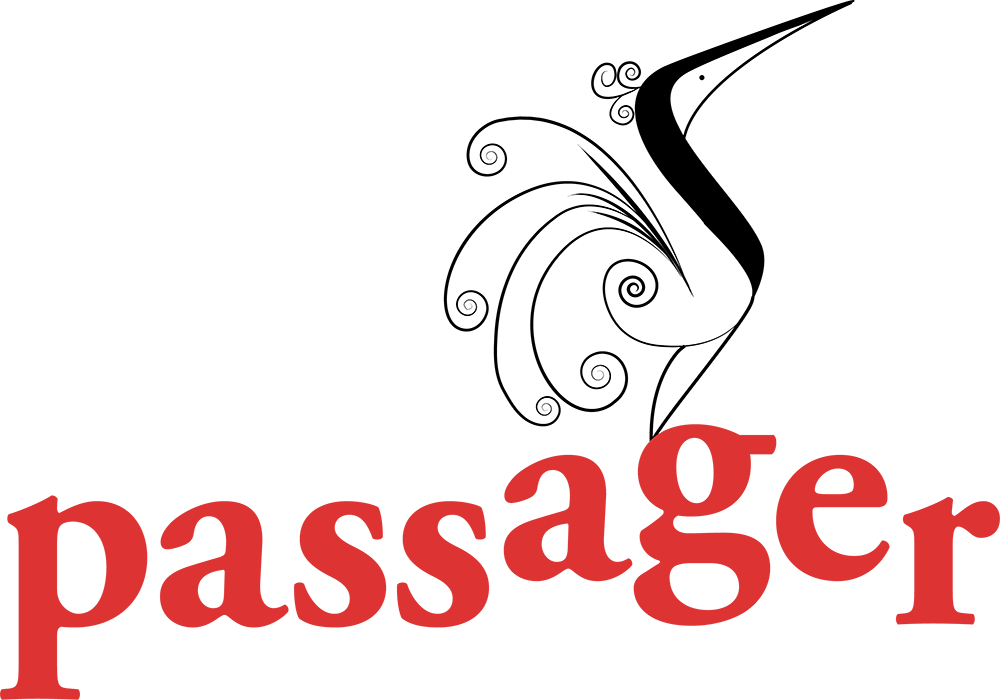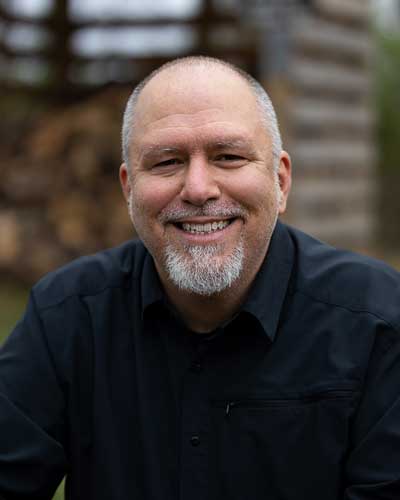Headstone by Mark Elber


Introducing the Mark Elber’s prize-winning book, featuring selected poems from the just-released Headstone.
8 minutes
TRANSCRIPT
Passager’s newest publication just hit the stands, so to speak, Headstone by Mark Elber. Mark and his book won the 2022 Henry Morgenthau III Prize for a First Book of Poems by a Writer over 70.
The book begins with a line from Psalm 89: “The world is built by loving kindness.” Here’s Mark Elber’s poem “Red Hair.”
My father stirred the reddish dye in a plastic mug with a tongue depressor
painting his thin long strands that fell to one shoulder
stretching them ear to ear over the pale domed globe of his head
I’d enter the bathroom flushed with pushups and the strawberry flag of unruly curls
while he’d concoct his virile tint in boxers and sleeveless tees
to reverse the bleaching the years had wrought
in the house bordered by the stares of neighbors
hedges in the soil and soot
my father sought refuge in the tinge of his youth
used-car lots lined Queens Boulevard to our east
chains of plastic banners in the breeze above Detroit’s fenders and fins
ten lanes of disrepair hauling to and from Manhattan
the green Q-60 bus lumbering back and forth
passing St. John’s hospital where my father would later die
six floors above Queens Boulevard,
his name misspelled on his hospital door, on his death certificate
I’ve inherited his hands
the roots that loosed themselves but couldn’t shake the black earth of his birthplace
the low winter sun
the glare the years had softened
the flare of dusk
“Red Hair” by Mark Elber from his prize-winning book Headstone.
Poet Molly Peacock said, “Elber’s tapestry of generations and culture begins in Eastern Europe, unfolds through the Holocaust, and finishes in New York and Israel, spanning births, marriages, and deaths. A narrative wading in a stream of consciousness, Elber draws us in with wordplay, long Ginsbergian lines, angst and charm.”
There’s a reason for that Ginsbergian similarity. Elber first encountered and fell in love with Allen Ginsberg’s poetry when he was a college freshman and years later, studied with Ginsberg. He said, “Given my car and his need for transportation, I was privileged to be Allen’s occasional ‘driver.’ I will always be grateful for his candid weekly critiques of my writing which were enormously beneficial.”
Here’s Part IV of Mark Elber’s long poem “Headstone.”
In the cemetery, in our torn lapels, unshaven, your coffin lies beneath
the family headstone in the open ground
Erwin takes the shovel and drops earth and stone onto the smooth
wooden Jewish star lying below in the sunburst October on the
hill overlooking the unisphere, airplanes roaring out of La Guardia
And I take the shovel to move more of the mound of raw earth
I hear the stones hit the wood
I feel the stones hit the wood
I see your wooden Long Island home tended so carefully
I see your hands on the wooden kitchen table, your soft cheeks, thin
nose, slim legs, slight stomach, cloth blue slippers, light blue eyes,
stethoscope round your neck
I hear the roll of your r’s
I see us walking home together from the synagogue on your last night
outside a hospital and see myself kissing you goodbye though you
were no longer there
And if I ever have children, they will never know my father as I never
knew yours
And Niles takes the shovel and adds earth
And adds earth
And adds earth.
An excerpt from “Headstone,” the title poem in Mark Elber’s prize-winning collection.
Mark Elber grew up in Queens in the 1950s and 60s. His parents were Polish Jewish refugees from the Holocaust and spoke Polish, Yiddish, Russian, German, and English. “It’s no wonder,” he said, “that I grew up with a love of language.” Here’s his poem “Ode to the Word.”
which knows no beginning
a cocoon of sound bursting into a radiant butterfly
grace incarnate
what rough squawk mutated into Scripture?
what gurgling infant harbored a psalmist?
tongue, magic carpet, luscious bed for a divine coupling of sound and sense
may you find an ear attuned to your music of doves in soft air, your crashing call wild with ocean
you took this nameless universe, dipped it in diphthongs and honey-smooth vowels enough to soothe an anxious yelp
a grunt, a guttural paradise, a heaven, was unsealed with a whisper
a heart heavy with longing and song, laid itself bare
may there be music enough a mouth might concoct with a string of sounds casting its spell
an alphabet conjuring the unimaginable
“Ode to the Word,” Mark Elber.
In a recent interview, Elber said, “I recognize that poetry isn’t extremely popular — it has a select audience — but so does Jewish mysticism which I am very interested in, too.”
We’ll end with a little love poem, “You and I.”
You are a potion of dark nail polish and dimmed lights
The slow dance of a dress falling round ankles
A Fauvist sunset lying on its back wearing only a crimson smile.
The groves are fig-heavy, the banks moist with the swelling current
I am the drunken river the ecstatic moment it dives off the cliff
You, the warm pool catching me softly.
Mark Elber’s poem “You and I.”
Mark will be reading from and talking about his book this Sunday, October 30, at 2pm at Baltimore Hebrew Congregation. If he’s going to be in your neck of the woods and you’re on our mailing list, we’ll let you know.
To order Mark Elber’s Morgenthau Prize winning book Headstone or to subscribe to or learn more about Passager and its commitment to writers over 50, go to passagerbooks.com. You can download Burning Bright from Spotify, Apple and Google Podcasts and various other podcast apps.
For Kendra, Mary, Christine, Rosanne and the rest of the Passager staff, I’m Jon Shorr.
Due to the limitations of online publishing, poems may not appear in their original formatting.



